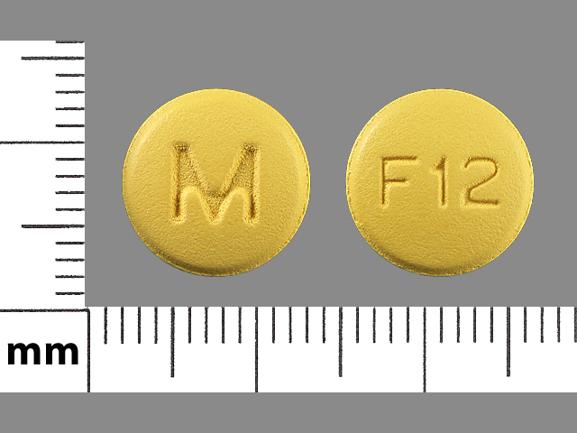Felodipine and Alcohol/Food Interactions
There are 3 alcohol/food/lifestyle interactions with felodipine.
Felodipine Alcohol (Ethanol)
Moderate Drug Interaction
Felodipine and ethanol (alcohol) may have additive effects in lowering your blood pressure. You may experience headache, dizziness, lightheadedness, fainting, and/or changes in pulse or heart rate. These side effects are most likely to be seen at the beginning of treatment, following a dose increase, or when treatment is restarted after an interruption. Let your doctor know if you develop these symptoms and they do not go away after a few days or they become troublesome. Avoid driving or operating hazardous machinery until you know how the medications affect you, and use caution when getting up from a sitting or lying position. It is important to tell your doctor about all other medications you use, including vitamins and herbs. Do not stop using any medications without first talking to your doctor.
Felodipine Multivitamins With Minerals
Moderate Drug Interaction
Using felodipine together with multivitamin with minerals can decrease the effects of felodipine. Talk with your doctor before using felodipine and multivitamin with minerals together. You may need a dose adjustment or need your blood pressure checked more often if you take both medications. It is important to tell your doctor about all other medications you use, including vitamins and herbs. Do not stop using any medications without first talking to your doctor.
Felodipine Food/Lifestyle
Moderate Food Interaction
You should avoid or limit the consumption of grapefruit and grapefruit juice if you are receiving treatment with felodipine. Grapefruit juice can significantly increase the blood levels and effects of medications like felodipine. You may be more likely to experience side effects such as headache, low blood pressure, irregular heartbeat, swelling, and fluid retention. Talk to your doctor or pharmacist if you have any questions or concerns. It is important to tell your doctor about all other medications you use, including vitamins and herbs. Do not stop using any medications without first talking to your doctor.
Switch to professional interaction data
Felodipine drug interactions
There are 504 drug interactions with felodipine.
Felodipine disease interactions
There are 4 disease interactions with felodipine which include:
More about felodipine
- felodipine consumer information
- Check interactions
- Compare alternatives
- Pricing & coupons
- Reviews (21)
- Drug images
- Side effects
- Dosage information
- During pregnancy
- Drug class: calcium channel blockers
- Breastfeeding
- En español
Related treatment guides
Drug Interaction Classification
| Highly clinically significant. Avoid combinations; the risk of the interaction outweighs the benefit. | |
| Moderately clinically significant. Usually avoid combinations; use it only under special circumstances. | |
| Minimally clinically significant. Minimize risk; assess risk and consider an alternative drug, take steps to circumvent the interaction risk and/or institute a monitoring plan. | |
| No interaction information available. |
See also:
Further information
Always consult your healthcare provider to ensure the information displayed on this page applies to your personal circumstances.


